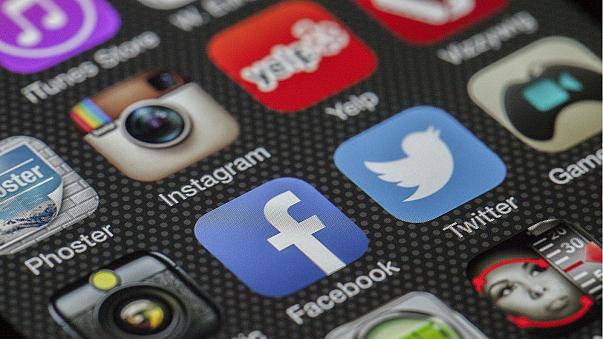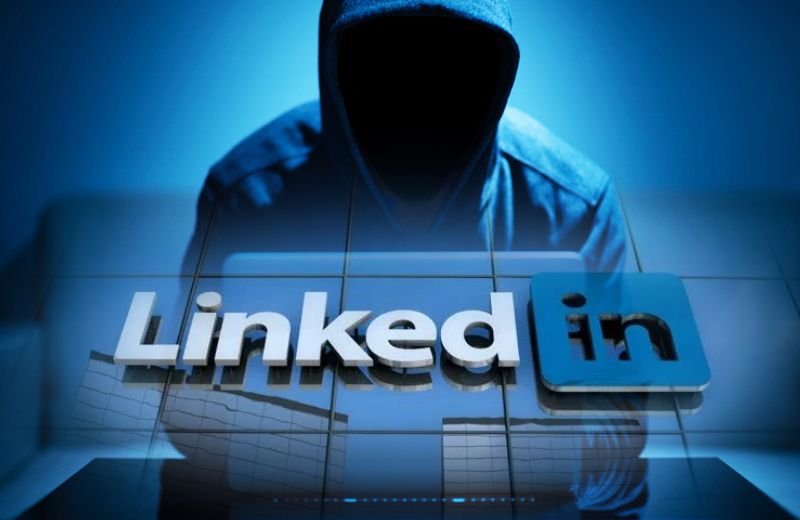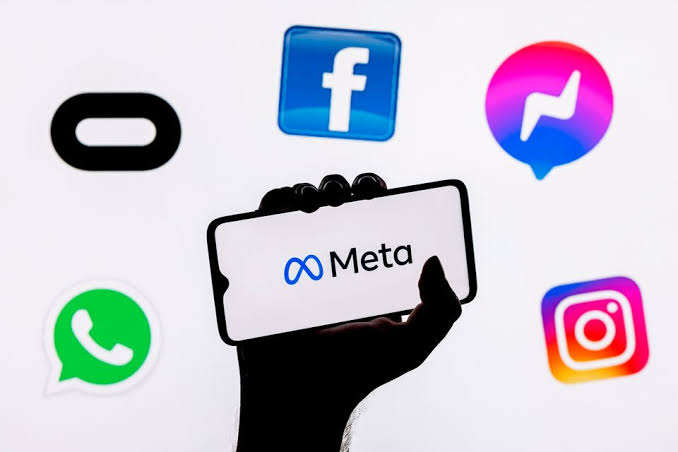The new German law that compels social media companies to remove hate speech and other illegal content can lead to unaccountable, overboard censorship and should be promptly reversed, Human Rights Watch said. The law sets a dangerous precedent for other governments looking to restrict speech online by forcing companies to censor on the government’s behalf.
Governments and the public have valid concerns about the proliferation of illegal or abusive content online, but the new Ger“man law is fundamentally flawed,” said Wenzel Michalski, Germany director at Human Rights Watch. “It is vague, overbroad, and turns private companies into overzealous censors to avoid steep fines, leaving users with no judicial oversight or right to appeal.”
Parliament approved the Network Enforcement Act, commonly known as NetzDG, on June 30, 2017, and it took full effect on January 1, 2018.
The law requires large social media platforms, such as Facebook, Instagram, Twitter, and YouTube, to promptly remove “illegal content,” as defined in 22 provisions of the criminal code, ranging widely from insult of public office to actual threats of violence. Faced with fines up to 50 million euro, companies are already removing content to comply with the law.
At least three countries – Russia, Singapore, and the Philippines – have directly cited the German law as a positive example as they contemplate or propose legislation to remove “illegal” content online. The Russian draft law, currently before the Duma, could apply to larger social media platforms as well as online messaging services.
Two key aspects of the law violate Germany’s obligation to respect free speech, Human Rights Watch said. First, the law places the burden on companies that host third-party content to make difficult determinations of when user speech violates the law, under conditions that encourage suppression of arguably lawful speech. Even courts can find these determinations challenging, as they require a nuanced understanding of context, culture, and law. Faced with short review periods and the risk of steep fines, companies have little incentive to err on the side of free expression.
Second, the law fails to provide either judicial oversight or a judicial remedy should a cautious corporate decision violate a person’s right to speak or access information. In this way, the largest platforms for online expression become “no accountability” zones, where government pressure to censor evades judicial scrutiny.
At the same time, social media companies operating in Germany and elsewhere have human rights responsibilities toward their users, and they should act to protect them from abuse by others, Human Rights Watch said. This includes stating in user agreements what content the company will prohibit, providing a mechanism to report objectionable content, investing adequate resources to conduct reviews with relevant regional and language expertise, and offering an appeals process for users who believe their content was improperly blocked or removed. Threats of violence, invasions of privacy, and severe harassment are often directed against women and minorities and can drive people off the internet or lead to physical attacks.
Criticism of the new law has intensified over the past six weeks after content from some high-profile users was blocked or their accounts were temporarily suspended, even though some of those actions were due to violations of the company’s user rules rather than NetzDG.
Users whose speech was censored either by NetzDG or a violation of a company’s user agreement include a leader of the far-right Alternative for Germany party, a satire magazine, and a political street artist. The content of many other less public personalities may have been improperly blocked or removed, either under NetzDG or a violation of user rules, Human Rights Watch said.
READ MORE>> On www.hrw.org




